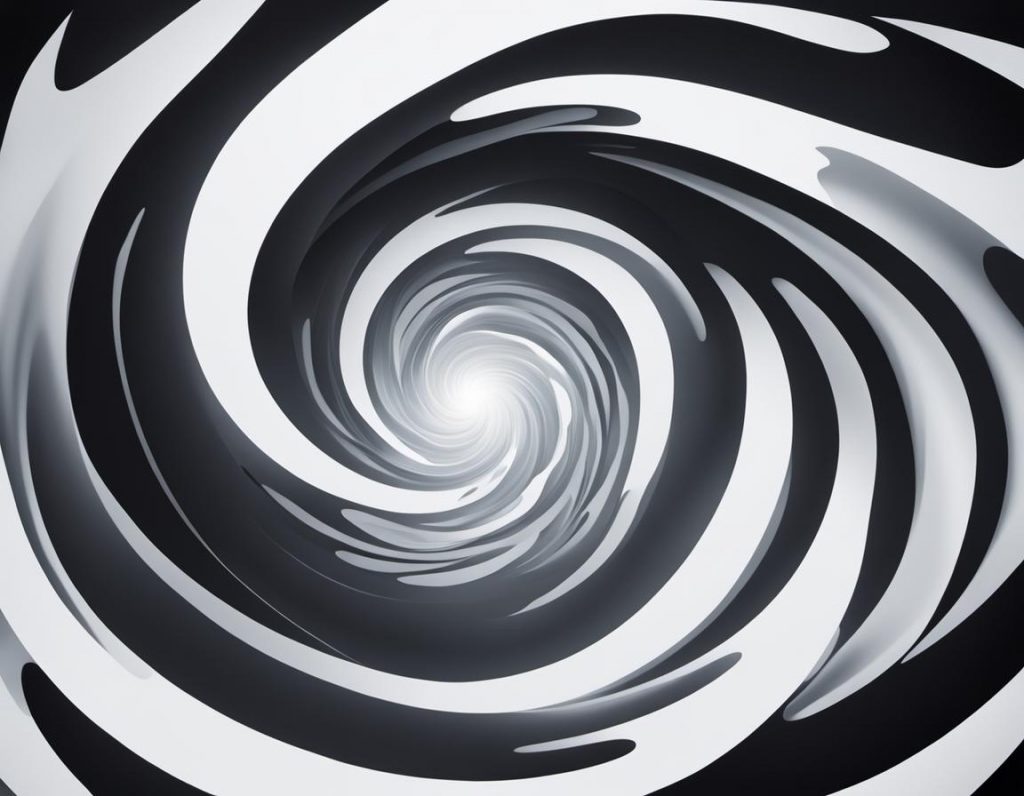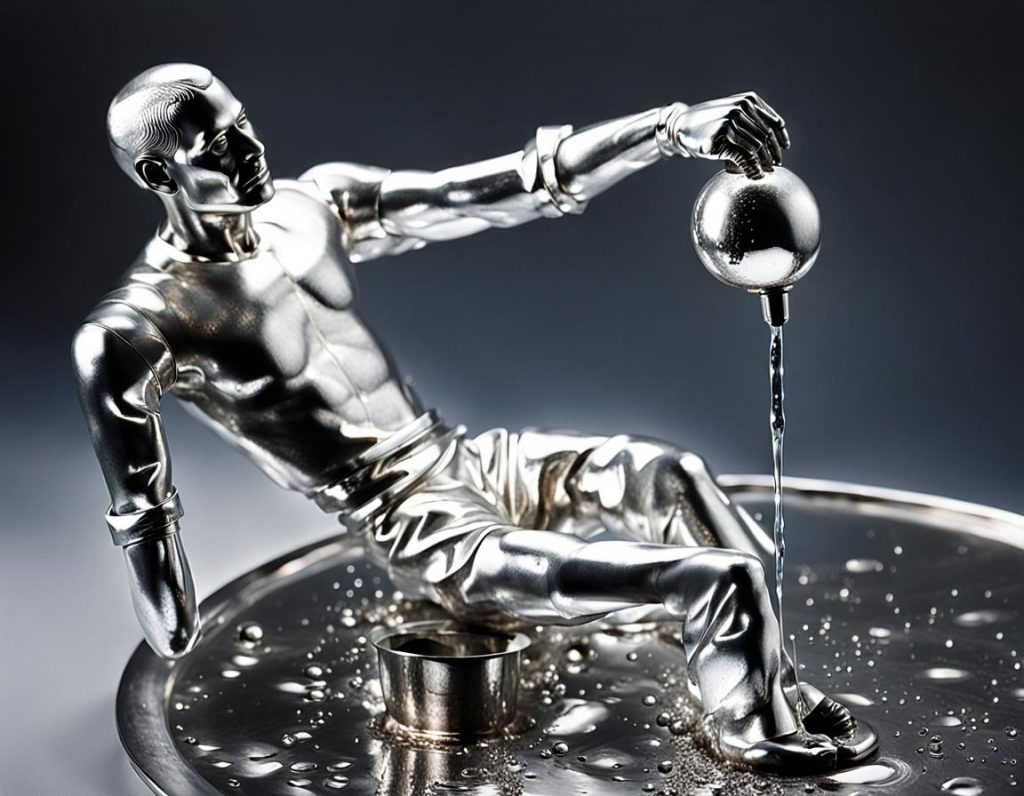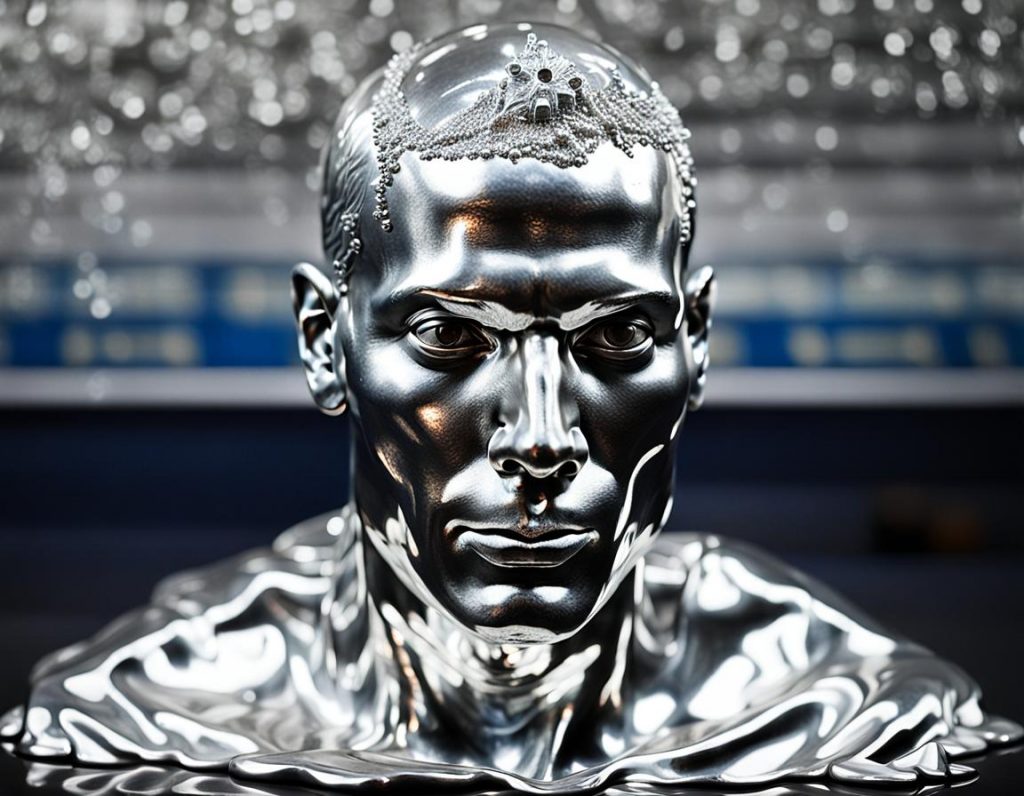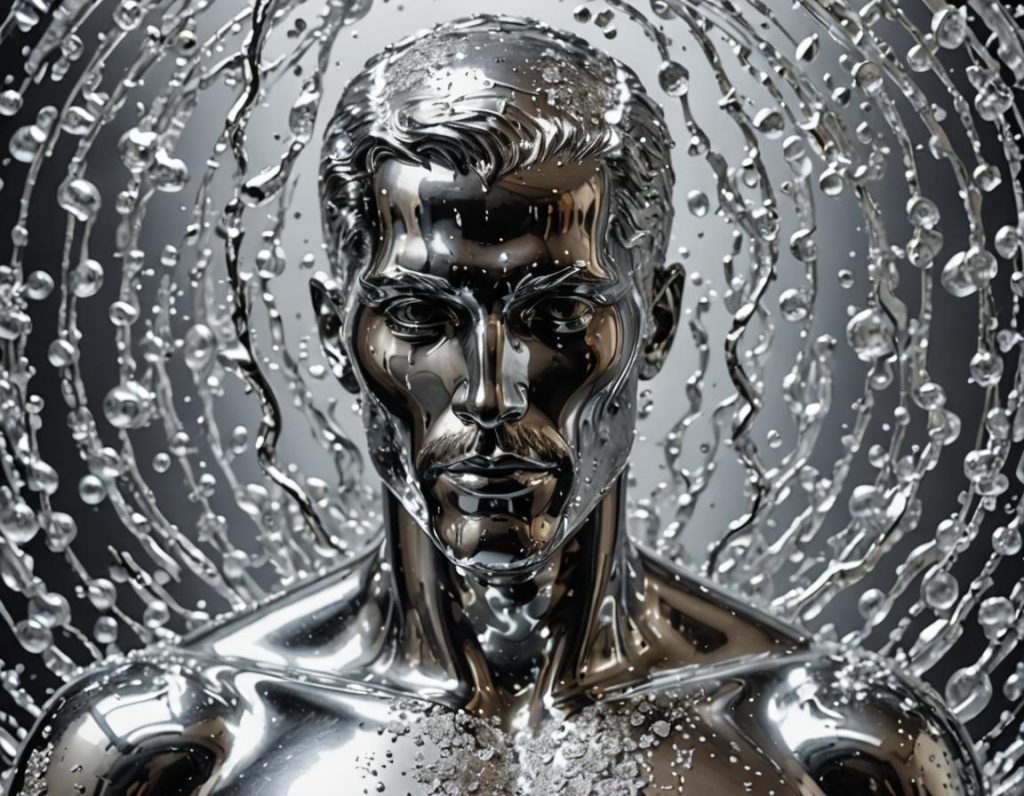
The second step of the descent down the Mithraic Ladder is the transmutation from mercury into silver. This is the opposite of the quickening process: retarding. At this step the high-frequency nature of mercury slows down to the point that it falls into the realm of silver.
If the descent from gold to mercury is the descent from perfection into the world of quantity, the descent from mercury to silver is the descent from the spiritual to the mundane. Silver is still a relatively high level of the Mithraic Ladder, and a character at that level will still be impressive to many others. As such, the nature of this transmutation is a subtle one. The drama of it could mostly take place in the character’s head alone.
The major impact of this transmutation is spiritual.
The transmutation from mercury to silver is chiefly marked by a loss of spiritual belief or faith. In descending to silver, the character of mercury falls out of the spiritual realm, and becomes a materialist again. Thus they lose any divine inspiration or spark they may have once had, and effectively become a high-ranking Normie.
This can come about through an excessive focus on materialist science. Although silver is excellent, and strengthening one’s energy in the realm of silver a worthy endeavour, an excess of it can be possible. This is particularly the case when it distracts a character from spiritual truths. An over-commitment to materialist science could lead to a character losing their faith.
It can also come about by social pressure. If a character of mercury engages socially with a large number of characters of silver, they might find that this social environment starts to affect their own frequency. An office of bureaucrats might strongly discourage any mercurial attitudes, so that any character of mercury becomes forced down to the level of silver to keep the peace.
Much of the drama of this stage is therefore social. In a way, it’s a tragedy – that of the masses pulling a great person down to their common level. Mercury can, in this way, degrade into silver both from internal and external causes. Internally, a character can lose their will; externally, a character can have their will sapped from them by a depressing environment.
Perhaps the most dramatic way for this to come about is through a great tragedy. A character of mercury who loses a child might stop believing in God. Another character of mercury might face a great betrayal from one or more close friends, leading to a humbling. A third might fail to make the intellectual grade at university, getting forced to accept an unremarkable life in an office somewhere.
An act of great intelligence but total absence of spirituality, such as arranging a murder and getting away with it, could reduce frequency in one hit. A great heist or embezzlement that yielded immense material rewards would be the typical example. The more harm this heist caused, the more totally it would cause a descent into the realm of silver.
So in much the same way that ascent to the mercury and gold require great feats of high-frequency action, descent from the mercury and gold require great feats of low-frequency action. This need not involve something as prosaic as a murder but could rather involve the higher machinations of a state. Giving an order to kill can cause such a descent, especially if it turns out to be an immoral one.
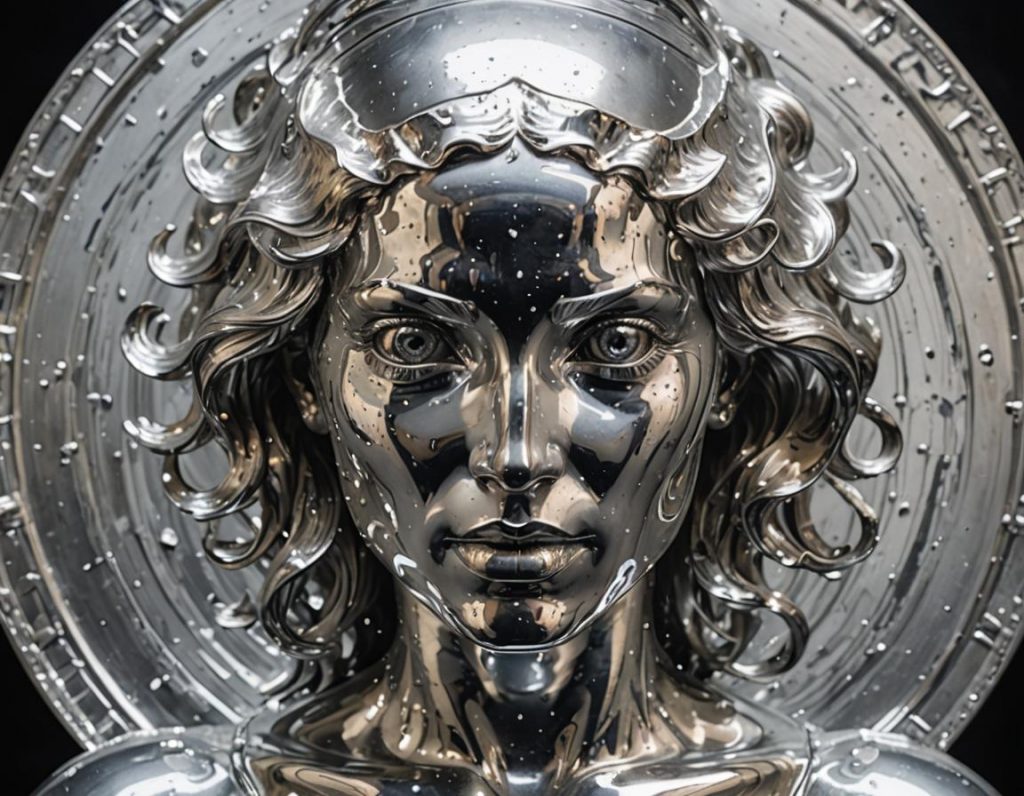
Although the nature of this transmutation is primarily spiritual, the Law of Correspondence still applies. As such, the descent to the level of silver is reflected in the grosser realms: it’s psychological, social, emotional and physical.
The nature of the psychological change is to lose ambition and will. A character of mercury wishes to conquer the world. A character of silver might be happy with their simple office as a bureaucrat in the imperial capital. The grandiosity and belief in destiny that characterises the mercury are lost. This loss might go unnoticed among those who observe that the character of silver is still very intelligent. But those aware of the subtler energies of the psyche might observe the difference.
Emotionally, a character descending from mercury to silver not only becomes more anxious but also more rigid. This is emblematic of the fact that silver is a solid at room temperature whereas mercury is liquid. The character descending to silver loses some degree of self-control and ability to author their own future. They they become more predictable.
A narrowing of vision can be found in characters who have completed the descent to silver. They no longer look at the whole of reality as one system, but only at a sub-system. Thus, they give up philosophy for prosaic concerns. Abandoning philosophy and esotericism for a physical science is emblematic of the transmutation under discussion here.
Artistically, a character can lose inspiration to create at this stage. Writer’s block is a typical experience for someone falling out of the realm of mercury and into the realm of silver. The inability to come up with new ideas is a consequence of no longer being able to see the World of Forms, a privilege reserved for the characters of mercury.
Physically, the change is noticed primarily in the gaze. It’s no longer the long-sighted gaze of the conqueror, but the near-sighted one of the scholar. The character of mercury looks for allies to conquer the world with – or foes to destroy. The character of silver looks to avoid the gaze of the character of mercury.
It can also be noticed in the bearing. The character of mercury carries themselves as a challenge to those around them; the character of silver carries themselves as if they have work to do. Anxiety is therefore the typical body language expressed by those descending from mercury to silver, and neurosis the typical attribute. The self-assurance of mercury is one of the first things to go as a character descends into the mundane.
In the sense that mercury contains all of the positive qualities of the lower metals, descending the Mithraic Ladder is a matter of losing those qualities, one by one.
Just because the character of silver is a step down from mercury and two steps down from gold, doesn’t mean that a character of silver is bad or low in any sense. Silver is still a precious metal, and the characters of silver still play important roles in society. Thus, this transmutation is far from a matter of falling out of society. It’s more of a personal transmutation that’s hard for outsiders to notice.
Perhaps the archetypal depiction of this transmutation in fiction is that of Raskolnikov in Crime and Punishment. Raskolnikov begins the novel a rampant egoist, believing that he has the moral right to assert his will on the world no matter who suffers, and he ends it an utterly broken man. The character of silver need not be broken in comparison to the character of mercury, but they are definitely more humble.
*
This is an excerpt from Vince McLeod’s The Alchemy of Character Development, the sixth book in VJM Publishing’s Writing With Psychology series. This book will show you how to use alchemy to create deep, realistic and engaging characters for your creative fiction.
*
For more of VJM’s ideas, see his work on other platforms!
For even more of VJM’s ideas, buy one of his books!
*
If you would like to support our work in other ways, make a donation to our Paypal! Even better, buy any one of our books!



